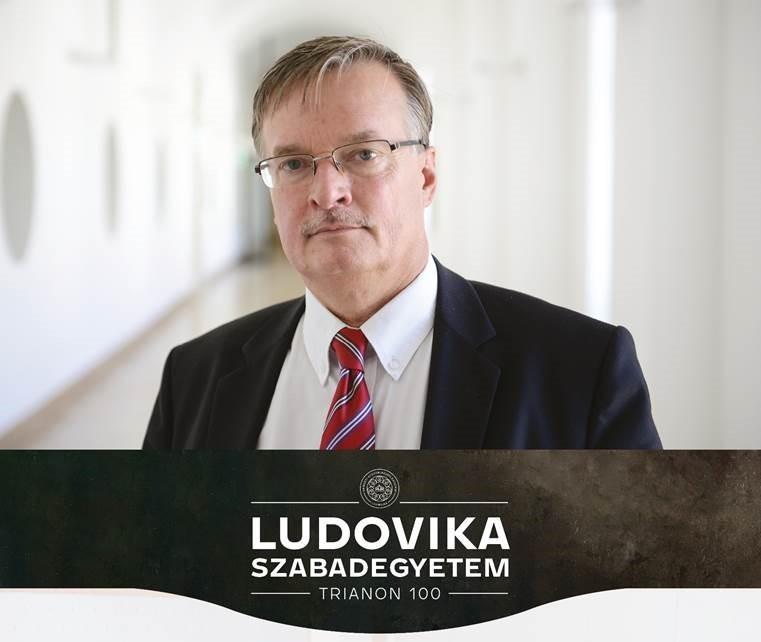
As a result of the Treaty of Trianon, more than 400,000 ethnic Hungarians were driven away from their homeland, many of whom were deprived of their most fundamental human rights, said Attila Horváth, professor of legal history, at the Ludovika Free University (Ludovika Szabadegyetem). According to the professor of Ludovika-University of Public Service, despite the deprivation of their fundamental rights and the tendentious destruction of villages in the successor states, Hungarian people living beyond the borders of Hungary were able to preserve their identity and culture.
After the Treaty of Trianon, the fundamental human rights of ethnic Hungarians living beyond the new borders of Hungary were seriously violated. As a consequence, several lawsuits for the restitution of previously seized properties are still pending, said Professor Horváth. After World War I, Hungarians and other nationalities, not belonging to the state-forming nation, were not recognized as legal entities in the successor states. Thus, persons belonging to these national communities could not apply for legal aids. Although the constitutions of the successor states addressed the rights of national minorities, in the absence of general laws and regulations at the local level, such references could only be seen as meaningless legal provisions. The professor of Ludovika-UPS also said that after signing the Treaty of Trianon, 426,000 ethnic Hungarians were driven away from their homelands. They had to leave all their assets in the Romanian, Czechoslovak and Serb-Croat-Slovene territories, and fled to Hungary where they found shelter in emergency houses. Meanwhile, in the successor states, people belonging to the Hungarian community had to face the most varied forms of discrimination. For example, Hungarian persons could not continue their occupation as lawyers, and thus, the legal protection of Hungarians was artificially hindered. The successor states intentionally granted citizenship to the Hungarian people belatedly, so their lands could be confiscated and redistributed. Likewise, it was a typical anti-Hungarian measure that the border regions of the new countries have been classified as high risk areas from a national security point of view by the successor states. Therefore the ethnic Hungarians could be deported from their homes, while their lands and assets could be redistributed among reliable people belonging to the majority, said Professor Horváth.
The professor also gave examples of specific measures taken in the different successor states. In the Serb-Croat-Slovene Kingdom (later Yugoslavia), although the local Hungarian population of 460,000 formed a majority in the given particular part of the country, they still faced constant discrimination. The Hungarian ethnic party was banned, and 40,000 ethnic Hungarians were killed and buried in mass graves. Later, in Tito's Yugoslavia, their situation improved somewhat. For example, they could go to the Federal Republic of Germany (West Germany) as guest workers. In Czechoslovakia, which became the new home state of 1 million ethnic Hungarians, the constituencies were drawn up to make it as unfavourable as possible for the Hungarian community. The Hungarian university in Bratislava was also abolished. Professor Horváth talked about the Beneš decrees as well, a series of presidential decrees issued in Czechoslovakia after World War II. These legal acts laid down the principle of collective guilt in respect of the ethnic Germans and Hungarians living in the country. Consequently, Hungarians living in Czechoslovakia were complete deprived of their individual rights. They could not attend schools, they were not entitled to health care services, they could not own property, they could not sue –recalled the professor the most shocking measures. Professor Horváth also talked about the total terror applied against the Hungarians in Transcarpathia, as well as the era of the Antonescu dictatorship in Romania.
Despite these challenges, Hungarians finding themselves beyond the new borders of Hungary after the Treaty of Trianon, survived these horrors, they preserved their language and culture, and nowadays Hungary provides them a broad scale of support in order to help to further preserve their identity, Professor Horváth concluded.